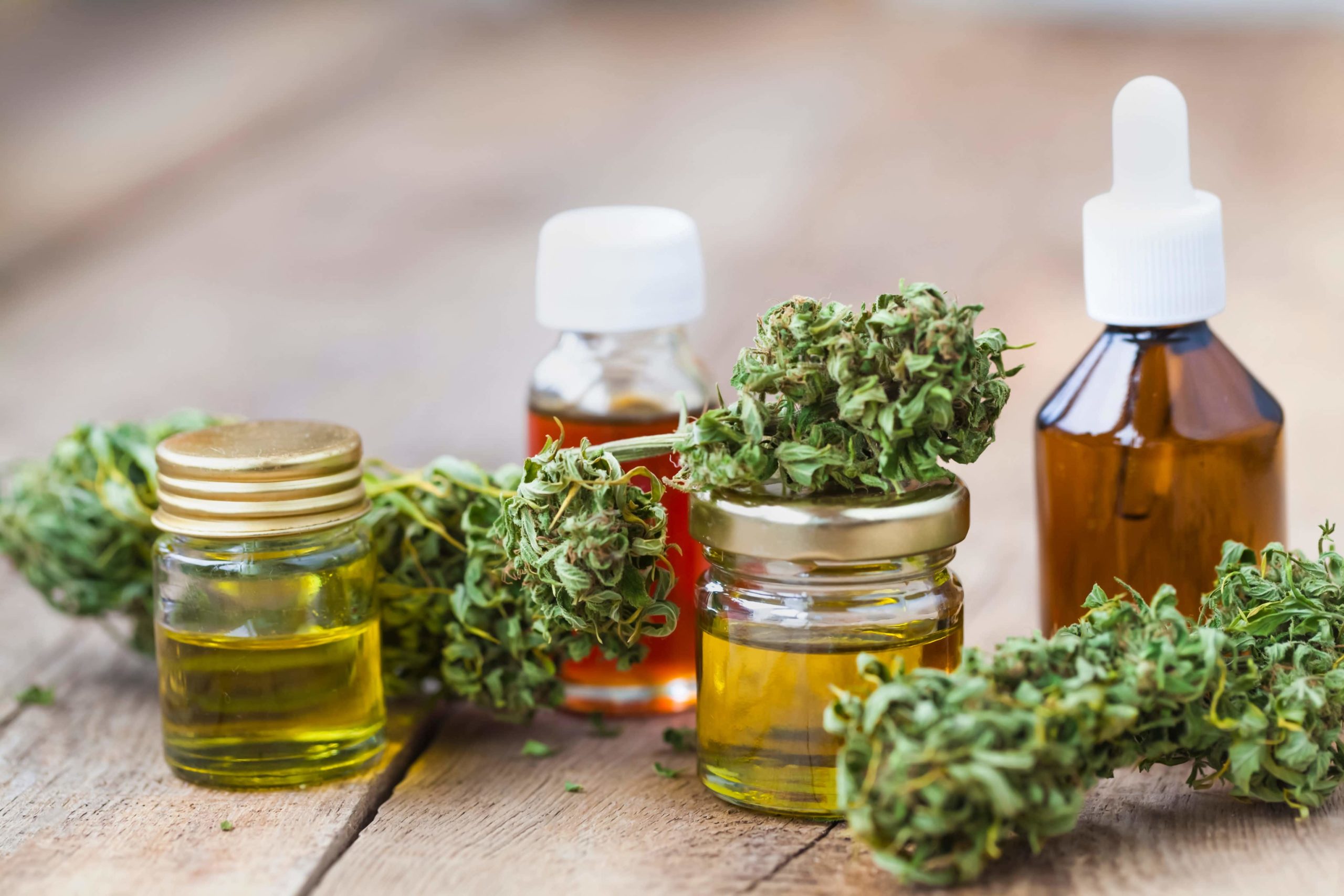
Virginia governor signs bill into law to improve access to medicinal cannabis
Virginia’s governor on Monday signed legislation aimed at increasing access to the Commonwealth’s medicinal cannabis program.
Glenn Youngkin, the first-term Republican who took office earlier this year, signed two identical bills that remove the requirement for patients to register with the Virginia Board of Pharmacy after receiving certification from a medical provider.
JM Pedini, NORML’s development director and Virginia NORML’s executive director, said the new law will bring relief to Virginia patients who have been frustrated by delays in registering with the Board of Pharmacy.
“These legislative improvements will bring great relief to the thousands of Virginians waiting to enter the medical cannabis program,” Pedini said. “We hear from dozens of Virginians every week who are struggling with the registration process and frustrated because they have to wait 60 days to get their approval from the Board of Pharmacy.”
The new law “retains the requirement that patients receive written certification from a healthcare provider for medical cannabis,” but eliminating the step involving the Board of Pharmacy should improve efficiency and access for thousands of medical cannabis patients improve in Virginia.
According to NORML, Virginia “currently has over 47,000 [medical cannabis program] Registrants, with an estimated 8,000 applicants still awaiting approval.”
In addition, “the measure amends the definition of ‘cannabis oil’ by removing the requirement that only industrial hemp oil be used in the formulation of cannabis oil.”
The medical cannabis legislation was among 700 bills signed into law by Youngkin, his office said Monday, adding that the governor was taking action “on a total of 841 bills sent to his desk during the 2022 General Assembly.” have.
“Today marks another important step in a journey for the people of Virginia that began before our nation was founded. Each year, the duly elected representatives of the people gather to pass new legislation on behalf of their constituencies, and I am honored to sign those 700 bills this year,” Youngkin said in a statement Monday.
“These bills are all bipartisan, and we can all be proud that together we have taken steps to make life easier for Virginians, make our Commonwealth’s economy more competitive, support law enforcement, protect the most vulnerable among us and… improve access to health care and take the steps necessary to make Virginia’s schools the very best in the nation.”
Youngkin’s first year in office marks the beginning of a new era for cannabis policy in Virginia, which last year became the first state in the southern United States to legalize adult use of marijuana.
However, legalization came under different political circumstances in Virginia, when the law was passed by a Democrat-controlled General Assembly and signed into law by a Democratic governor, Ralph Northam.
Now Youngkin has succeeded Northam, whose term was limited, and Republicans have regained control of a chamber of the General Assembly.
This changed landscape has brought uncertainty to the new cannabis law, particularly in relation to commercialization.
Youngkin said before taking office that he “would not seek to repeal the personal possession law,” but he was vacillating on the retail sale of cannabis.
“When it comes to commercialization, I think there is still a lot to do. I’m not against it, but there’s still work to be done,” Youngkin said. “There are some non-starters, including the forced unionization that is in the current bill. Law enforcement agencies have raised concerns about how the loophole in the laws will actually be enforced. Finally, it is imperative to ensure that we are not promoting an anti-competitive industry. I understand there are preferences to ensure all participants in the industry are qualified to do the industry well.”
Earlier this year, the Democrat-controlled state Senate passed legislation requiring cannabis sales to begin in September, but the measure went nowhere in the GOP-led House of Representatives.

Post a comment: